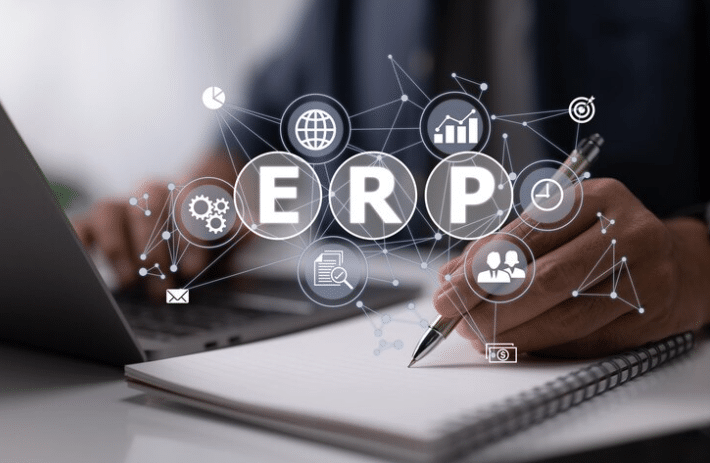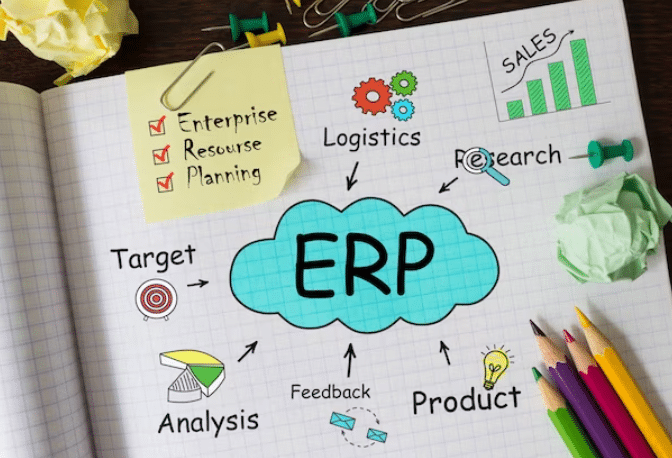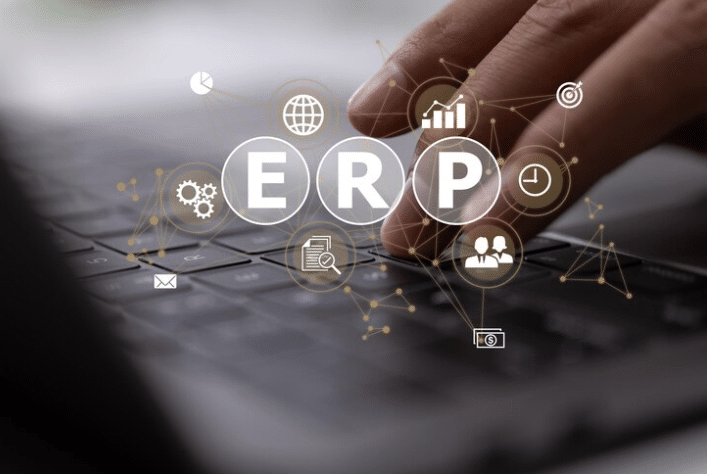
NetSuite ERP: Transforming Business Operations and Accelerating Growth
In a dynamic and competitive business landscape, the ability to manage resources, streamline operations, and make data-driven decisions is essential. NetSuite ERP (Enterprise Resource Planning) stands out as a comprehensive solution designed to address these challenges. This in-depth article explores NetSuite ERP, its evolution, its role in modern business, key features, benefits, implementation strategies, challenges, and future trends. With a word count of 3,000, let’s embark on a journey to understand how NetSuite ERP is revolutionizing the way organizations operate and make informed decisions.
1. Introduction to NetSuite ERP
NetSuite ERP is a robust and cloud-based enterprise resource planning solution that provides organizations with a unified platform to manage various core business processes. It encompasses financial management, supply chain management, human resources, customer relationship management, and more. NetSuite ERP offers real-time data, automation, and integration to improve decision-making, operational efficiency, and overall competitiveness.
2. The Evolution of NetSuite ERP
NetSuite ERP has a rich history dating back to its founding in 1998. It was one of the pioneers in cloud-based business software. Over the years, NetSuite has evolved, expanding its functionalities to meet the changing needs of organizations. This evolution has been driven by the demand for more integrated and efficient ways to manage complex business processes.
3. The Role of NetSuite ERP in Modern Business
NetSuite ERP plays a pivotal role in modern business by offering:
- Integration: NetSuite ERP integrates diverse functions within an organization, ensuring seamless data flow and enabling cross-functional decision-making.
- Centralized Data: This solution provides a centralized repository for data, giving users access to accurate, up-to-date information.
- Automation: NetSuite ERP automates routine tasks, reducing manual effort and minimizing errors, resulting in enhanced efficiency and productivity.
- Customization: NetSuite ERP can be tailored to meet an organization’s specific needs and industry requirements, making it adaptable to diverse business models.
- Scalability: NetSuite ERP is designed to accommodate business growth, ensuring it remains effective as organizations expand.
4. Key Features of NetSuite ERP
Key features of NetSuite ERP include:
- Financial Management: NetSuite ERP offers a comprehensive suite of financial tools, including accounting, financial planning, and reporting.
- Supply Chain Management: This feature encompasses inventory management, order and procurement processes, and demand planning.
- Human Resources: NetSuite ERP provides modules for managing human resources, including payroll, employee data, and talent management.
- Customer Relationship Management (CRM): It includes features for managing customer interactions, sales, and marketing campaigns.
- E-commerce Integration: NetSuite ERP seamlessly integrates with e-commerce platforms, making it suitable for online businesses.
- Analytics and Reporting: Robust reporting and analytics tools allow businesses to extract insights from their data.
5. Benefits of Implementing NetSuite ERP
The implementation of NetSuite ERP offers numerous benefits, including:
- Efficiency: Automation and streamlined processes boost overall efficiency and productivity.
- Data Accuracy: Accurate, real-time data improves decision-making and helps businesses serve their customers more effectively.
- Cost Reduction: NetSuite ERP optimizes resource allocation and inventory management, reducing operational costs.
- Scalability: Organizations can grow without worrying about system limitations.
- Competitive Advantage: Efficient operations, quick responses to market changes, and improved customer service provide a competitive edge.
6. Implementing NetSuite ERP: Strategies and Considerations
Effective implementation of NetSuite ERP involves:
- Needs Assessment: Identifying the organization’s specific requirements and goals is essential for selecting the right NetSuite ERP system.
- Vendor Selection: Choosing a reputable NetSuite ERP vendor with a track record of successful implementations is critical.
- Customization: Tailoring the NetSuite ERP program to meet the organization’s unique needs.
- User Training: Adequate training for employees to ensure they are proficient in using the system.
7. Challenges in NetSuite ERP Implementation
While NetSuite ERP offers numerous advantages, its implementation can be challenging. Common issues include resistance to change, data migration, and the need for thorough training. Overcoming these challenges is critical for a successful NetSuite ERP integration.
8. Future Trends in NetSuite ERP
As technology continues to evolve, so does NetSuite ERP. Future trends include AI-driven automation, enhanced analytics, deeper integration with emerging technologies like blockchain, and the Internet of Things. NetSuite ERP systems will continue to adapt to meet the changing needs of businesses and their industries.
9. Conclusion
In conclusion, NetSuite ERP is a versatile and sophisticated solution that empowers organizations to streamline their operations, make informed decisions, and respond effectively to the demands of a dynamic and competitive business environment. As technology continues to advance and incorporate emerging technologies, NetSuite ERP systems will remain indispensable for modern businesses seeking operational excellence and strategic advantage.
10. FAQs on NetSuite ERP
Q1: What is NetSuite ERP? NetSuite ERP is a cloud-based enterprise resource planning solution that provides organizations with a unified platform to manage various core business processes, including financial management, supply chain management, and customer relationship management.
Q2: How can NetSuite ERP benefit businesses? NetSuite ERP benefits businesses by improving efficiency, data accuracy, cost reduction, scalability, and providing a competitive advantage.
Q3: What are the common challenges in implementing NetSuite ERP? Common challenges in NetSuite ERP implementation include resistance to change, data migration, and the need for thorough training.
Q4: How do I choose the right NetSuite ERP solution for my business? Choosing the right NetSuite ERP solution involves considering scalability, affordability, industry-specific features, integration capabilities, and vendor support.
Q5: What are the future trends in NetSuite ERP for business? Future trends in NetSuite ERP for business include AI-driven automation, enhanced analytics, and deeper integration with emerging technologies like blockchain and the Internet of Things.
This comprehensive guide provides a thorough understanding of NetSuite ERP, its evolution, significance, and the impact it has on modern business management. As organizations continue to adapt to the ever-changing business landscape, NetSuite ERP remains an invaluable tool for optimizing operations and achieving sustainable success.

